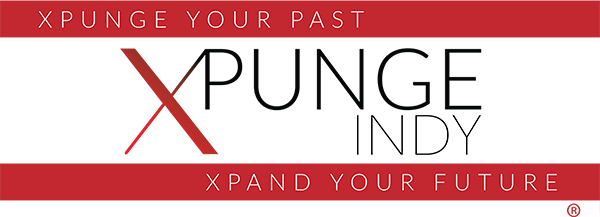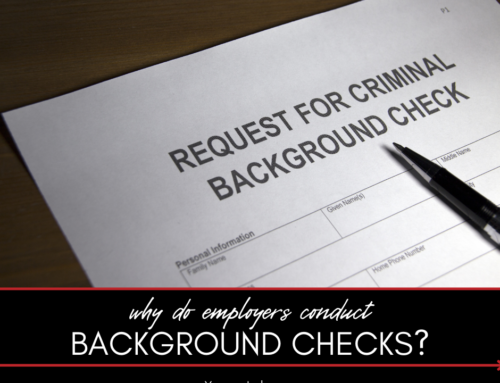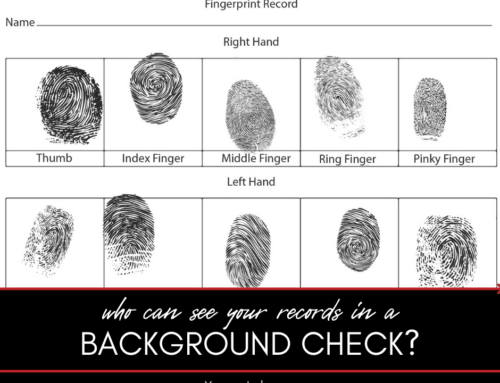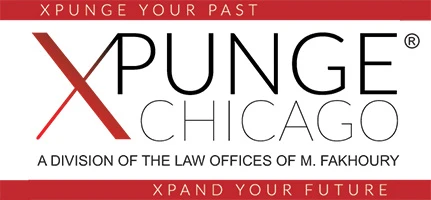How far back does a background check go?
If you’ve ever been curious about how far back a background check goes, our Indianapolis expungement lawyer is here to help. Background checks are performed by employers, landlords, banks, and other parties to verify an individual’s identity. In general, there is no limit on how far back a background check can go in terms of criminal history. However, some states may have laws limiting how far back companies can report certain types of crimes (such as fraud and embezzlement) while others require that they only report convictions—not arrests. Contact XpungeIndy today to discuss your record and what might appear on a background check with our Indianapolis expungement lawyer. 317-647-5476
What do Indiana’s laws allow?
In all states, including Indiana, the Fair Credit Reporting Act restricts how far back adverse information for a job applicant can be reported and used for employment purposes. Certain types of adverse information cannot be reported on pre-employment background checks. This includes:
- Arrests that are older than seven years that did not result in convictions
- Civil Judgements
- Liens
- Similar information
However, there is no restriction on how far back criminal convictions can be reported. Also, it does not pertain to positions paying $75,000 or more. The FCRA’s seven-year lookback period does not apply to background information about past employment, education, or credentials. You can use this type of information no matter how old it is.
If you want to find out how far your background check will go or whether there are any state laws that might prevent you from being hired because of an old conviction on your record, contact XpungeIndy. Our indianapolis expungement lawyer is ready to assist you.



What is a background check?
A background check is a search of a person’s criminal history. This can refer to one of three things:
- A check performed by an employer, landlord, or bank in order to verify whether someone is trustworthy enough for certain types of employment, housing, and loans. These checks are usually done by a third party such as a private investigator.
- A check performed by the government agency where the person worked previously (for example, if you were convicted after being hired at the DMV). In this case it would be considered an official record that exists in your name and therefore part of your background.
- The general term “background check” refers to both official criminal records searches and private investigations into a person’s past history and personal character traits.
What shows up on a background check?
Different types of reports can be requested, so that can determine what will show up on a background check. The most common things that can show up are:
- Criminal history information – If you have a criminal history, the background check will show the case number, arrest date, charge, case disposition, disposition date, the severity of the charge (felony or misdemeanor), and the sentence. If your record has been expunged it will not show up. That is why it is extremely important to contact XpungeIndy’s Indianapolis expungement lawyer, so your background check will be clear! Contact us today for a free consultation. 317-647-5476
- Employment verification – This will allow employers or others conducting a background check to see all of your past employers, dates of employment with each employer, and specific job titles / positions you held.
- Education verification – This will confirm any degrees, certifications, and credentials that you have.
Background checks are a common tool for employers, landlords, banks and other businesses to verify the identity of individuals. They may also include information like criminal records and credit history.
In general, background checks can be done at the county, state, or federal level. They’re used to verify the identity of an individual and determine whether he or she is eligible for certain jobs. For instance, if you want to become a security guard at a hospital or work as a pest control technician on an oil rig in Alaska (which is probably not where you’d want to live anyway), chances are that someone will ask for your background check before hiring you.
A detailed background check might involve checking all of the things that are listed above—but it can also go deeper than that. If you have any arrest records from high school days when you were caught sneaking out of your window after curfew (or any other indiscretion), those will be reported as well. You should also expect information about bankruptcies and foreclosures; if there’s even one blemish on this front it could affect your ability to get hired by certain companies because they don’t want their employees spending time worrying about debt rather than focusing on their jobs.
Our Indianapolis expungement lawyer can help expunge your record so it doesn’t appear on background checks
Background checks are a way for potential employers, landlords, and banks to scrutinize your past. They can be pretty invasive, so it is best to have a clean report. The Indianapolis expungement lawyer at XpungeIndy is experienced and passionate about helping you get your second chance. Contact us today to expunge your past and expand your future.









